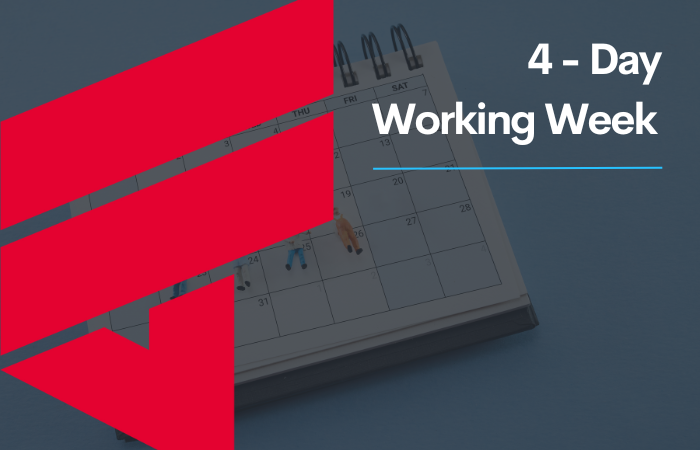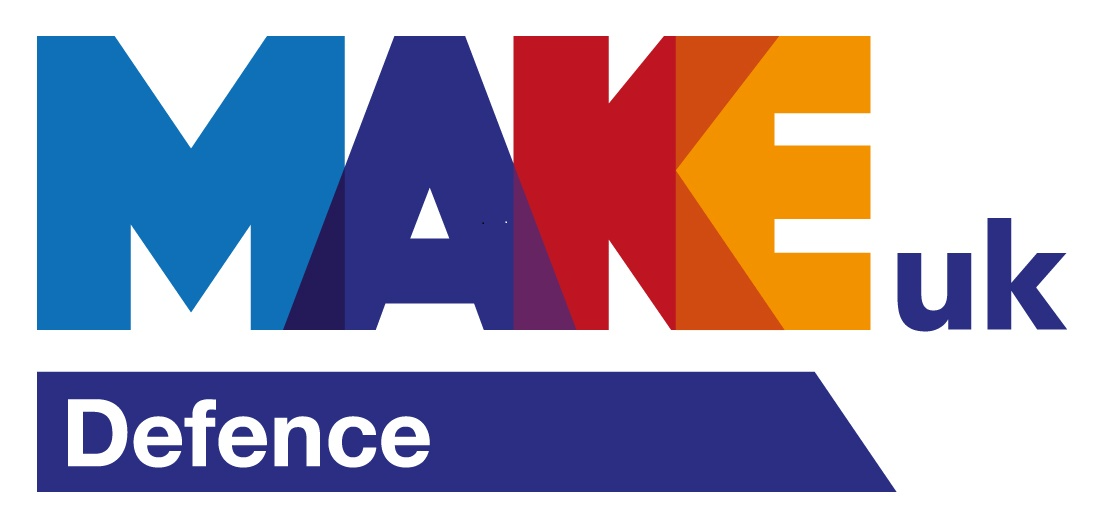INSIGHTS
How to Stand Out and Make a Lasting Impression at Interview

Interviews can be nerve-wracking, but with the right preparation and mindset, they can also be an exciting opportunity to showcase your skills and personality. Whether it’s your dream job or a stepping stone, nailing the interview is crucial. To help you succeed, we’ve compiled a list of top tips that will guide you through the process and set you up for success.
1. Do Your Research
Before heading to an interview, spend time researching the company. Get familiar with their mission, values, and recent achievements. Understand the industry they operate in and their competitors. This knowledge not only shows your interest but also helps tailor your answers to demonstrate how you can add value to the company.
Specifically check out the companies:
- Website
- Social Media Profiles
- News Articles
2. Prepare for Common Interview Questions
While you can’t predict every question, some commonly asked ones tend to pop up across industries. Practice answering questions like:
- Tell me about yourself.
- What are your strengths and weaknesses?
- Why do you want to work here?
- How do you handle pressure or challenges?
Being prepared with structured answers will help you respond confidently, rather than scrambling for the right words.
Tip: Use the STAR method (Situation, Task, Action, Result) when answering behavioural questions to give concise and impactful responses.
3. Dress Appropriately
First impressions matter, and dressing the part is a big part of that. Research the company’s dress code to ensure you fit their culture. If you’re unsure, it’s better to lean towards a more professional look. Even in a casual work environment, a smart and tidy outfit shows respect for the occasion.
Tip: Lay out your outfit the night before to avoid last-minute stress on the day of the interview.
4. Arrive Early (But Not Too Early!)
Punctuality is key, but arriving too early can put pressure on the interviewer. Aim to arrive about 10-15 minutes before your scheduled time. This shows you’re organized and respect the interviewer’s schedule.
Tip: Plan your route ahead of time and allow extra time for unexpected delays. If it’s a virtual interview, ensure your equipment is ready and your internet connection is stable.
5. Bring Copies of Your CV and Any Relevant Documents
Even though your interviewer will likely have a copy of your CV, bringing extra copies shows you’re prepared. If applicable, bring a portfolio of work or certifications that highlight your qualifications. It’s a simple yet effective way to demonstrate your readiness.
Tip: Keep your documents organized in a professional folder so you can access them easily during the interview.
6. Body Language Matters
Non-verbal communication can be just as important as what you say. A firm handshake, maintaining eye contact, and sitting up straight all signal confidence. Smiling and nodding while listening shows engagement and enthusiasm.
Tip: Avoid crossing your arms, as it can come off as defensive. Instead, keep your posture open and relaxed.
7. Ask Thoughtful Questions
At the end of most interviews, you’ll be given the chance to ask questions. This is a great opportunity to show your interest in the role and company. Ask questions about the company culture, opportunities for growth, or what a typical day looks like. Avoid asking about salary or benefits at this stage unless prompted by the interviewer.
Tip: Prepare 2-3 questions in advance but be flexible to adjust based on the conversation.
In Conclusion:
Preparation is the key to interview success. By researching the company, practicing your answers, dressing appropriately, and showing genuine interest, you can walk into any interview with confidence. Remember, interviews are as much about you determining if the company is the right fit for you as they are about the employer evaluating your suitability. Approach them as a conversation and a chance to shine.
Good luck!










